Shell’s North Sea oil U-turn: ‘a first victory in a longer war’?
Controversy after oil giant pulls out of proposed Cambo project
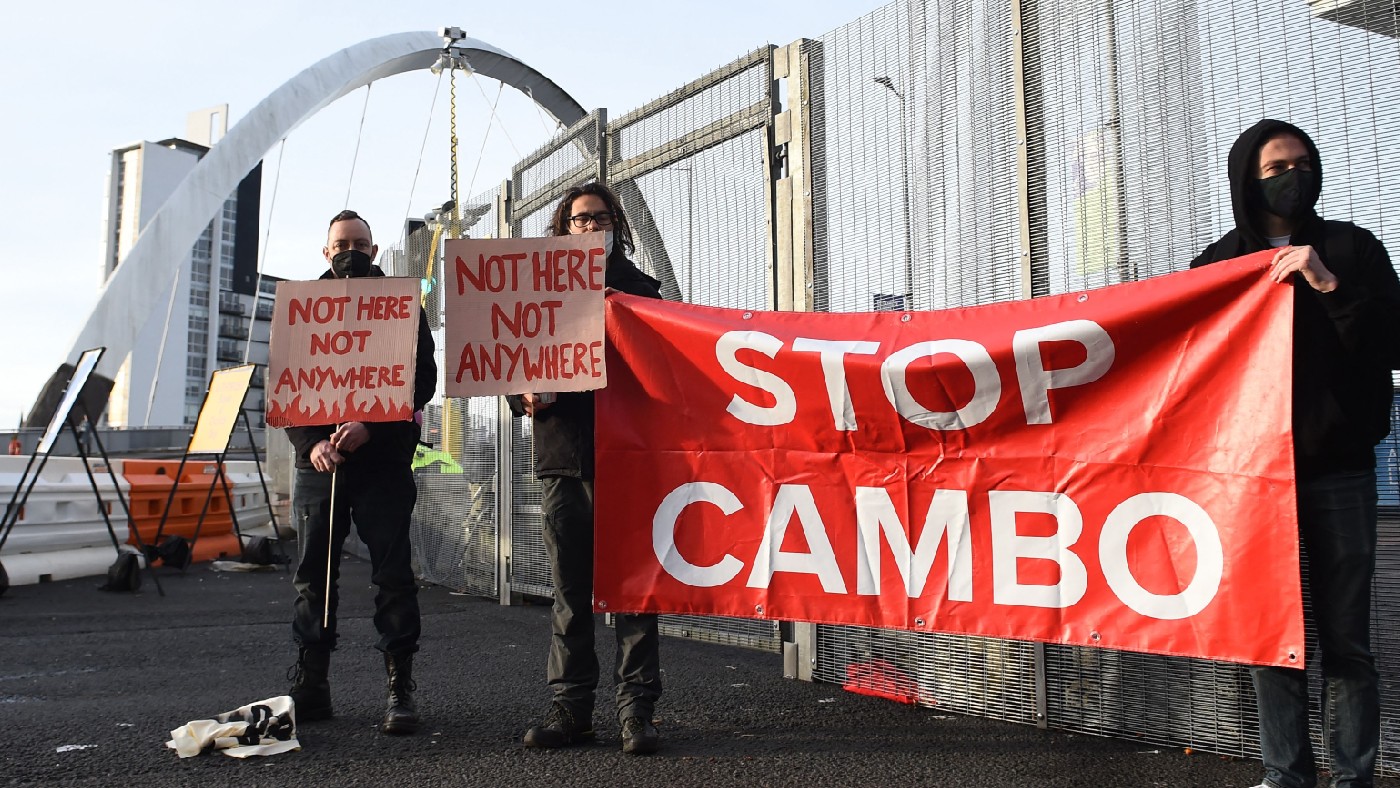
A free daily email with the biggest news stories of the day – and the best features from TheWeek.com
You are now subscribed
Your newsletter sign-up was successful
How times change, said Ross Clark in The Spectator. For decades, the SNP traded on the idea that “Scotland’s oil” would make an independent Scotland rich. But now Nicola Sturgeon’s party, with its Green coalition partner, has turned its back on fossil fuels.
Last month, Sturgeon stated that the proposed Cambo oilfield off the coast of Shetland, which holds an estimated 800 million barrels of oil, “should not get the green light”, on the grounds that it “could not and should not pass any rigorous climate assessment”.
And last week Shell, which had a 30% share in the project, pulled out, claiming that “the economic case for investment” was no longer “strong enough”. It was an odd conclusion, when oil is at a hefty $70 per barrel. A more credible explanation is that it decided a new North Sea oilfield was “a political liability”.
The Week
Escape your echo chamber. Get the facts behind the news, plus analysis from multiple perspectives.

Sign up for The Week's Free Newsletters
From our morning news briefing to a weekly Good News Newsletter, get the best of The Week delivered directly to your inbox.
From our morning news briefing to a weekly Good News Newsletter, get the best of The Week delivered directly to your inbox.
This is bad news for us all, said Reaction. If Britain’s oil and gas industry fails to keep up production, with the transition to green energy still years away, we’ll face either fuel shortages or rocketing bills for imported energy, or both. The UK still relies on oil and gas for 73% of its energy needs. In “green” Scotland, it’s 78%.
On the contrary, Shell’s U-turn was excellent news, said The Guardian: the North Sea’s oil must be kept “in the ground”. Realistically, though, this was only “a first victory in a longer war”. Cambo’s other investors will want to proceed, and there are “dozens more offshore oil and gas fields coming up for approval in the next three years”. To limit global temperature rises to 1.5°C, “none ought to go ahead”.
Unfortunately, even if the oil giants have “lost the battle for public opinion in Scotland”, Westminster has the final say on oil and gas licensing; and Boris Johnson’s Government still wants “extractive industries to suck the seabed dry”.
The “cavernous difference” between Westminster and Holyrood on this issue is another spur to independence, said Abbi Garton-Crosbie in The National. Yes, Sturgeon showed “leadership” by listening to climate activists, but with the UK Government in control, we will never be able to break the hold of fossil fuels, and set out on the path to net zero.
A free daily email with the biggest news stories of the day – and the best features from TheWeek.com
That will be easier said than done, whoever is in control, said The Herald. The fact is “fossil fuels cannot be magicked out of the wider economy with the stroke of a pen”. Homes will still need to be heated; industry will still need gas and coal. Around 120,000 UK jobs are directly tied to oil and gas, many of them in northeast Scotland. If we are to minimise “the casualties of the green revolution”, we must begin “transferring engineering skills” at a rate that matches “the fine speeches” on the subject.
Britain’s reliance on imported energy has doubled in the past decade, partly as a result of declining North Sea production, said The Times. “Accelerating that process without a corresponding investment in alternatives is poor economics, poor politics and poor environmentalism.”
-
 Bonfire of the Murdochs: an ‘utterly gripping’ book
Bonfire of the Murdochs: an ‘utterly gripping’ bookThe Week Recommends Gabriel Sherman examines Rupert Murdoch’s ‘war of succession’ over his media empire
-
 Gwen John: Strange Beauties – a ‘superb’ retrospective
Gwen John: Strange Beauties – a ‘superb’ retrospectiveThe Week Recommends ‘Daunting’ show at the National Museum Cardiff plunges viewers into the Welsh artist’s ‘spiritual, austere existence’
-
 Should the EU and UK join Trump’s board of peace?
Should the EU and UK join Trump’s board of peace?Today's Big Question After rushing to praise the initiative European leaders are now alarmed
-
 Why broken water companies are failing England and Wales
Why broken water companies are failing England and WalesThe Explainer With rising bills, deteriorating river health and a lack of investment, regulators face an uphill battle to stabilise the industry
-
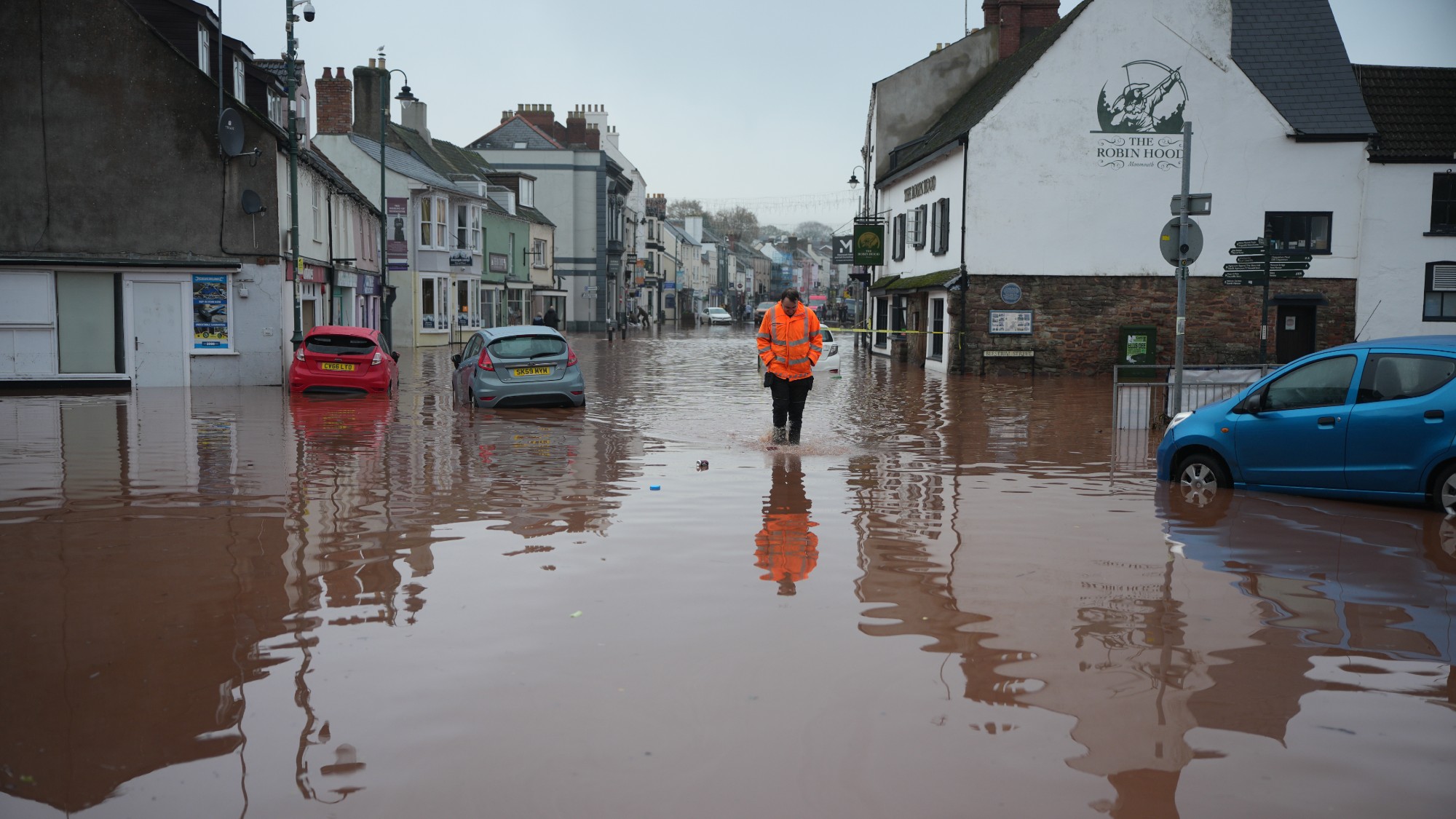 How will climate change affect the UK?
How will climate change affect the UK?The Explainer Met Office projections show the UK getting substantially warmer and wetter – with more extreme weather events
-
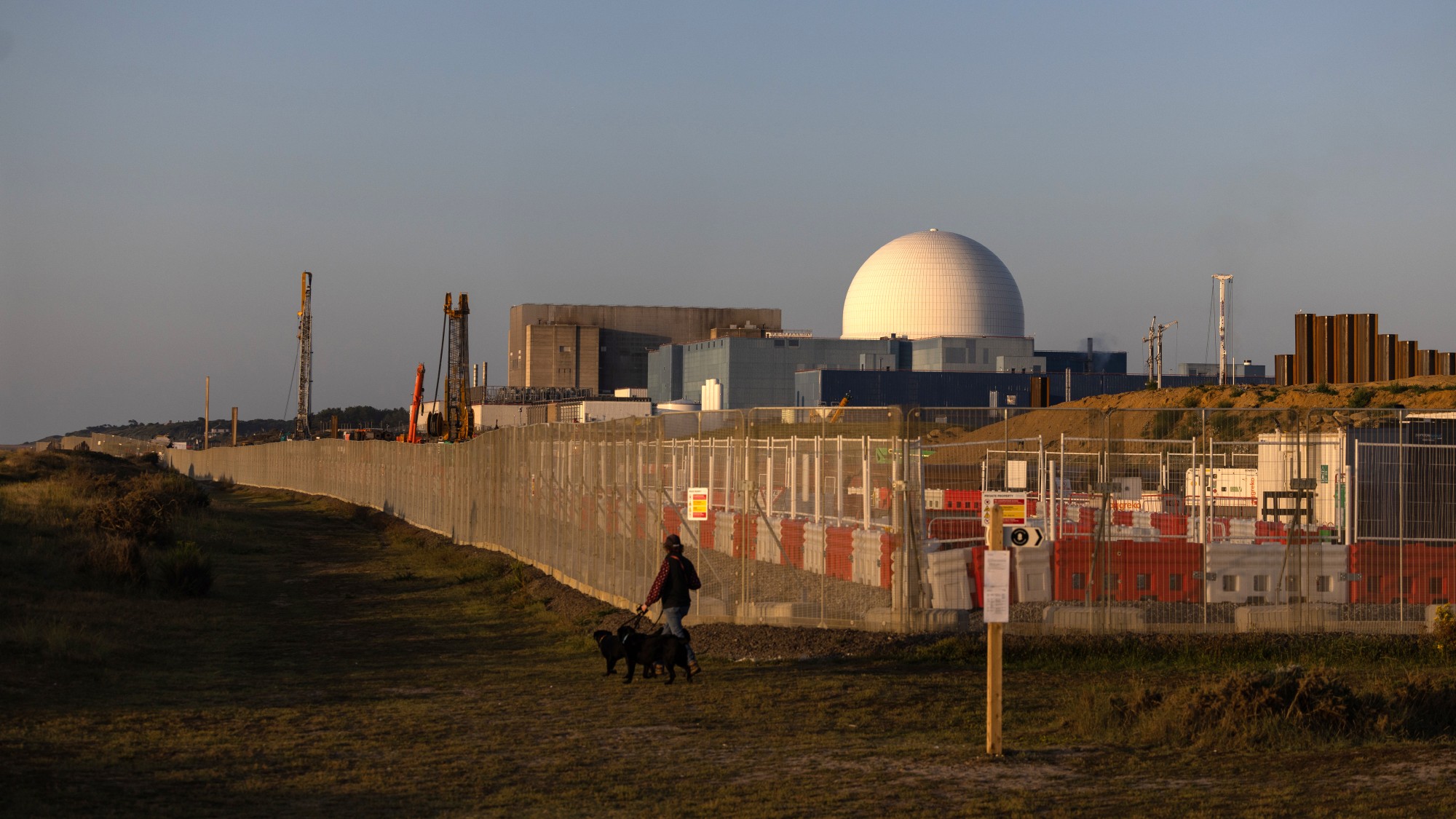 Are we entering a ‘golden age’ of nuclear power?
Are we entering a ‘golden age’ of nuclear power?The Explainer The government is promising to ‘fire up nuclear power’. Why, and how?
-
 Builders return to the stone age
Builders return to the stone ageUnder the Radar With brick building becoming ‘increasingly unsustainable’, could a reversion to stone be the future?
-
 Europe's heatwave: the new front line of climate change
Europe's heatwave: the new front line of climate changeIn the Spotlight How will the continent adapt to 'bearing the brunt of climate change'?
-
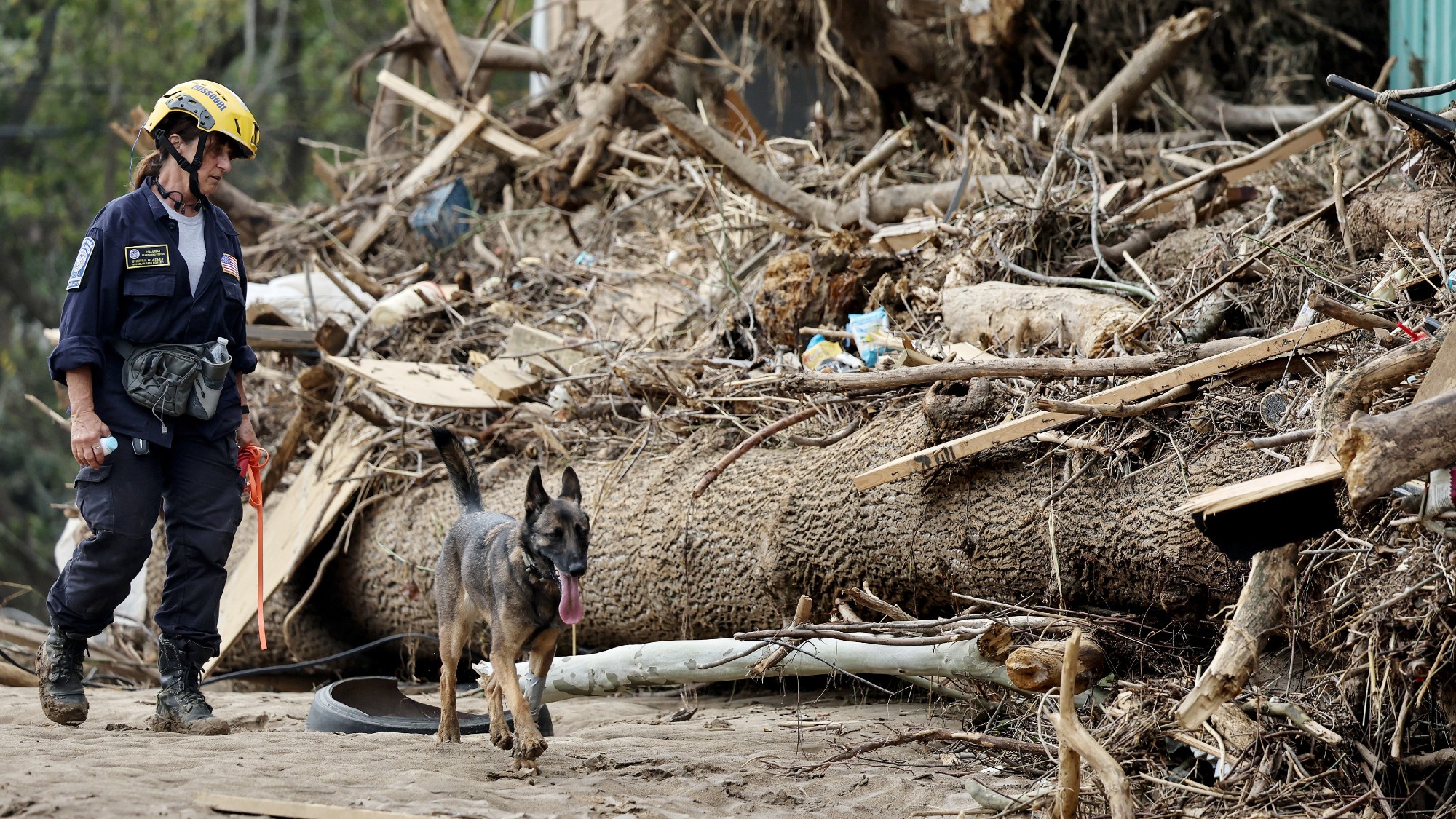 Storm warning: Will a shrunken FEMA and NOAA be able to respond?
Storm warning: Will a shrunken FEMA and NOAA be able to respond?Feature The U.S. is headed for an intense hurricane season. Will a shrunken FEMA and NOAA be able to respond?
-
 Seven wild discoveries about animals in 2025
Seven wild discoveries about animals in 2025In depth Mice have Good Samaritan tendencies and gulls work in gangs
-
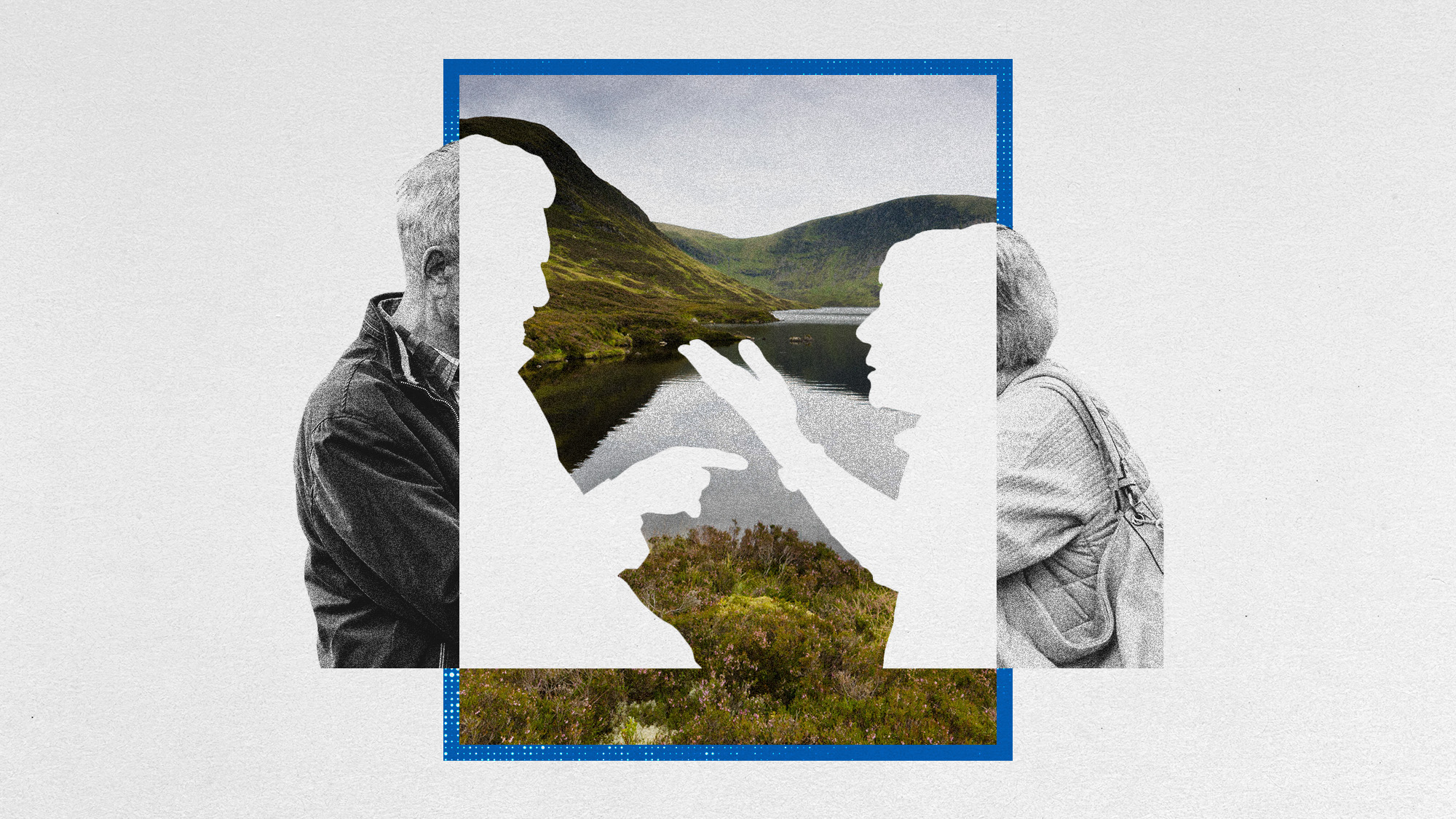 Why plans for a national park are 'ripping apart' genteel Galloway
Why plans for a national park are 'ripping apart' genteel GallowayUnder the Radar Galloway's towns are 'bracketed with campaign banners' as residents battle over plans for the park